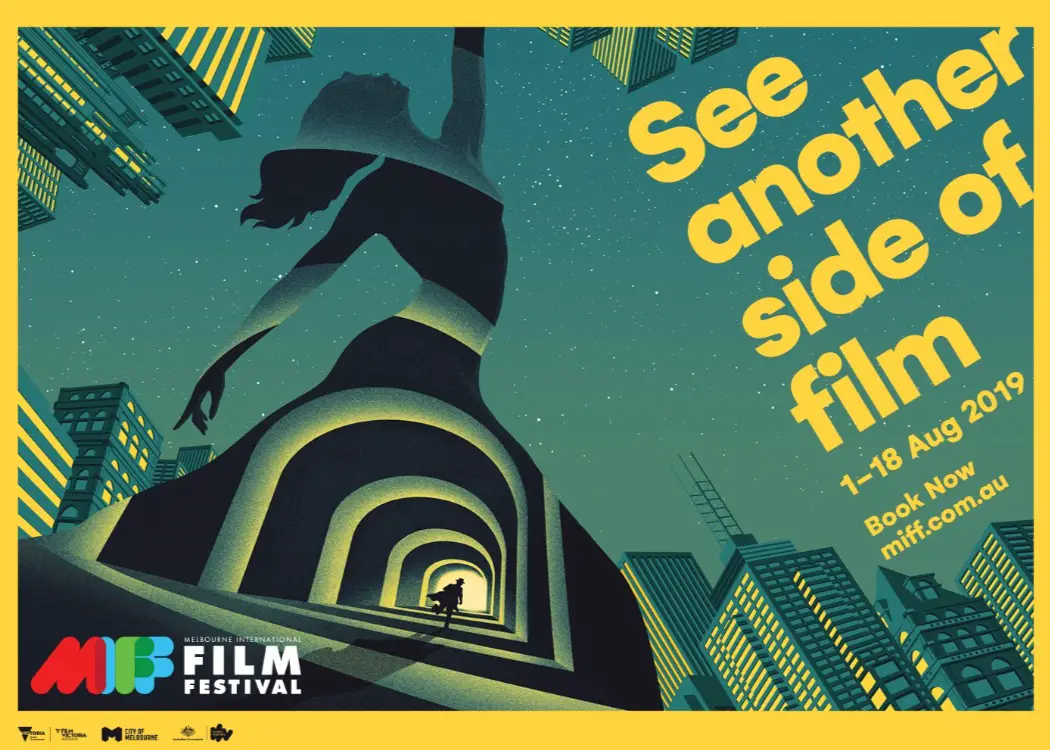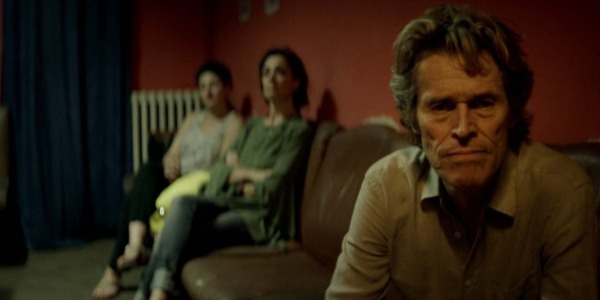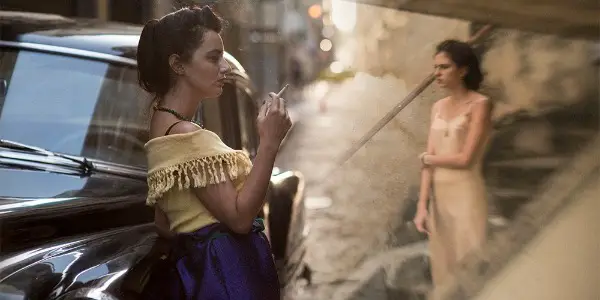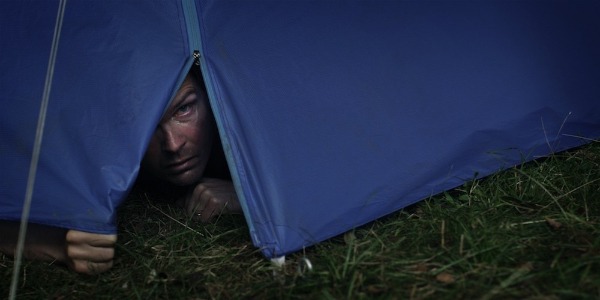Melbourne International Film Festival 2019 Week 1: TOMMASO, THE INVISIBLE LIFE OF EURÍDICE GUSMÃO & KOKO-DI KOKO-DA

Alex is a 28 year-old West Australian who has a…
Now in my third year covering the Melbourne International Film Festival, it feels good to be back filling my days with an array of recent Cannes hits and festival favourites at the biggest film event in the Australasia period and for most Australians – the only chance to catch the best of what international cinema has to offer. Kicking off with Daniel Gordon’s explosive documentary The Australian Dream on Thursday night, here’s a selection of the titles on offer I’ve had the pleasure of watching.
Tommaso (Abel Ferrara)

In Abel Ferrara’s Pasolini, the Bronx-born provocateur chronicled the last day in the life of Pier Paolo Pasolini, toggling between fact and fantasy until the two become indistinguishable – then ultimately extinguished. To best describe his feature follow up Tommaso (there’s been a string of docs between then and now), would be that it’s a formalistic sequel to Pasolini, theorising what would’ve happened if the beloved Italian director had actually lived through that tragic day.
It doesn’t help that DaFoe once again plays the titular tortured artist, whose cinematic mindset refracts his middling domestic routine into something that more resembles a typical Abel Ferrara film. This is not a knock on his work – on a superficial level, Ferrara’s films can appear to be cheap and nasty, sharing similar thematic and religious characteristics as Scorsese’s oeuvre, with gangsters, crises of conscience and the willingness to experiment with form plaguing each new release, but unlike his Italian contemporary – whose on the cusp of releasing a $200M Netflix-bound blockbuster – Ferrara has fallen out of today’s commercial world.
So has Tommaso. In fact, this whole two hour exercise is nakedly autobiographical, down to the casting of Ferrara’s actual wife and daughter as Tommaso’s own, who reside in a tidy apartment in the heart of Rome. Chronicling his daily life, we witness the American director learn Italian, teach an esoteric acting class, attend AA meetings, all whilst working away on a new Antarctic-set script. These everyday activities are punctuated by erotic daydreams (exhibiting a type of explicit sleaze that distinguishes him from Scorsese) and other anxiety-driven visions that often parody scenes and situations from both DaFoe and Ferrara’s own lengthy cinematic careers.
It’s difficult to accuse a film this personal as being simply self-indulgent, as it’s written and directed by a man who seems to be making the same revelations alongside his protagonist; Tommaso’s descent into the fickle world of his dreams is reflective of this film’s very nature – Ferrara painting his own self-portrait, warts and all. Luckily, he’s picked the perfect vessel to display his demons with, as Willem DaFoe effortlessly binds this bubbling memoir together, he’s as magnetic and captivating as always, practically appearing in every frame of this overlong drama. Like any improvised confession, Ferrara tends to repeat himself, stressing points that have been long established about his own character – or should we say “Tommaso”.
The Invisible Life of Eurídice Gusmão (Karim Aïnouz)

Despite the individuality of its title, The Invisible Life of Eurídice Gusmão is actually a meditative exploration of the independent relationship between two sisters. Based on Martha Batalha’s hit novel of the same name, Karim Aïnouz’s Brazilian melodrama begins in early 1950s Rio de Janeiro, focusing on the lives of teenage sisters Euridice (Carol Duarte) and Guida (Julia Stockler), who subsist on the border of puberty; Guida decides to jump-start her journey into adulthood by fleeing home with a square-jawed sailor, whilst her younger sister is the opposite, being practically forced into marriage by her meek, orthodox father, who bestows his daughter with a stocky postman who shadows his own similar toxic qualities.
Circumstances, aggravated by Guida’s unexpected pregnancy and Euridice’s unfulfilled musical desires, keep the sisters separated, even though the major factor missing in either’s life is their lost sister’s presence. As we watch their personal and cultural memories cascade, years start to slip away between each scene, chaptered by Guida’s enduring effort to send letters about her current progress. As Inés Bortagaray, Karim Aïnouz and Murilo Hauser’s screenplay taps into the vein of a 70 year old story, we discover a tender contemporary nerve amidst the detailed period setting. This classical melodramatic narrative has been updated by Aïnouz’s progressive attitudes towards his female characters, despite the regressive decade that imprisons them.
Without a trace of degradation or simple-minded reduction of the central sister’s feelings, The Invisible Life of Eurídice Gusmão develops into a palpable and poignant profile of two divergent lives linked by love, who must independently learn to apply that process within their new-found families. While a tighter edit would’ve been appreciated, the gradual shift that occurs in each Gusmão family member is well earned, and by the time we’ve hit the decade’s end, the film reveals the true scope of this tragedy in its full glory. Invigorated by its dual lead performances, Karim Aïnouz’s anatomy of a segregation of siblings is bound to make a name for itself once the awards season rears its ugly head later this year.
Koko-di Koko-da (Johannes Nyholm)

Koko-di Koko-da is one of those rare arthouse titles that defies easy categorisation. On a surface level, Johannes Nyholm’s latest head-scratcher is an esoteric fable about the vicious cycle of grief, which, mirroring the characters’ own struggle, is quite the frustrating experience. Assembled together from the jagged pieces of Happy Death Day, Last House on the Left and the Babadook, Koko-di Koko-da is as visually and tonally messy as that recipe sounds – sporadically engrossing, but largely infuriating, dispensing the same sharp stick to the ribs that Lars Von Trier likes to smuggle into his best projects.
The setup is rather simple; a bereaved couple descends into the woods for a camping trip after the tragic loss of their daughter (the AntiChrist comparisons are noticeable). In the middle of the night, they are terrorised by a trio of cartoonish culprits who kill the wife and threaten the husband at gunpoint – then he wakes up in the middle of the night again. Attempting to dismiss his experience as a nightmare doesn’t last long when the trio arrives again, where they perform the same brutal acts. Unlike Groundhog Day, only the husband remembers each slaughter, and he barely learns from his new experiences, hence the film’s monotonous nature.
Punctuated by protracted shadow puppet sequences which spell out this grim fantasy’s thematic intentions, Koko-di Koko-da sounds pretentious, and often, it is. Nyholm displays a strong eye for staging suspense sequences – once the husband catches on and attempts to flee the campsite before the loop restarts, there’s a genuine tension in when the ringleader and his goons are gonna show up. It’s just a damn shame that metaphor is prioritised over narrative, and its rejection of structure will lead to even the most hardcore arthouse audience to largely reject it. A minor misfire, but not utterly without its episodic merits.
Do any of these festival titles interest you? Let us know in the comments.
Does content like this matter to you?
Become a Member and support film journalism. Unlock access to all of Film Inquiry`s great articles. Join a community of like-minded readers who are passionate about cinema - get access to our private members Network, give back to independent filmmakers, and more.











